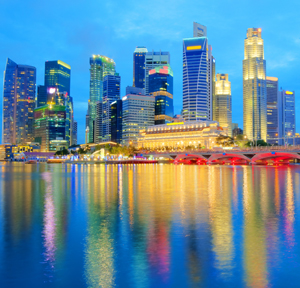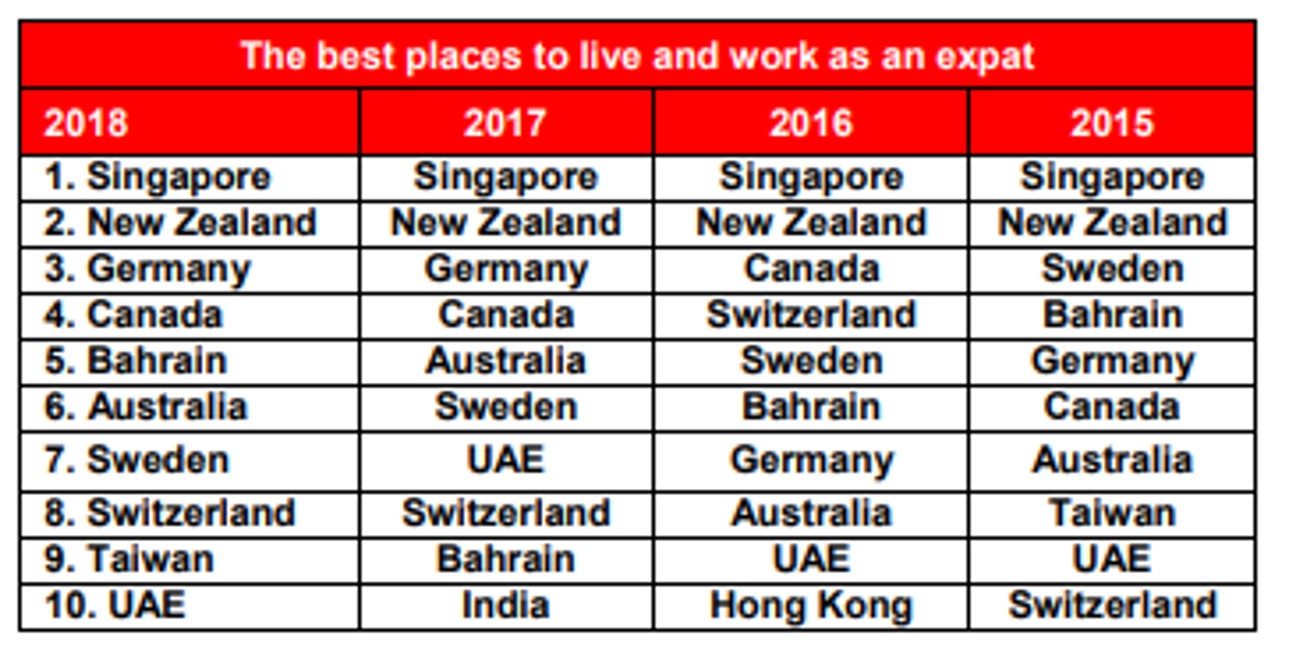Offshore
Singapore Remains Expats' Darling - HSBC

The Asian city-state holds its spot as the favourite place for expats but other countries are competing hard, the bank said.
Singapore has edged out New Zealand, Germany, Canada and Bahrain
as being the best place in the world for expats, a survey by
HSBC finds, but
jurisdictions are putting pressure on the Asian city-state.
Now in its 11th year, the HSBC Expat Explorer survey asked more
than 22,000 expats about their experience abroad. The overall
league table ranks each country using a score that summarises
expats’ overall view of the country they live in. The score is
the average of the economics, experience and family scores which
covers 27 criteria from the survey.
Singapore retains its overall top three position in the
“economic” category, but it is under competitive pressure. Some
65 per cent of expats in the Middle East (specifically Bahrain,
the UAE and Saudi Arabia) experience better earnings prospects
which is consistent with last year. Similar to last year, almost
one in three expats in Singapore did not see their disposable
income rise (35 per cent) nor were they able to save more (36 per
cent) in spite of better career and income prospects.
In terms of the experience or quality of life, Australia and
Taiwan both improved as jurisdictions. Taiwan, for example, has
improved in making expats feel welcome in spite of the language
barriers, HSBC said. Predominantly a Mandarin-speaking country,
65 per cent of expats in Taiwan find it easy to form new
friendships with locals, up from its 2017 score of 54 per
cent.
On the “family” front, countries like New Zealand, Spain and
France have moved ahead.
“We know other localities are wanting to position themselves as
global financial capitals which requires – amongst other things –
attracting the highest calibre of international talent. So it
stands to reason that other countries are lifting their stakes in
what they can offer expats,” Anurag Mathur, head of retail
banking and wealth management, HSBC Bank (Singapore), said.

Source: HSBC.